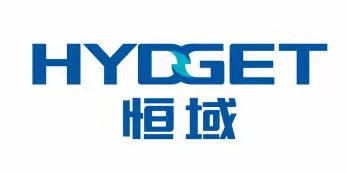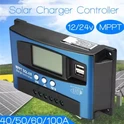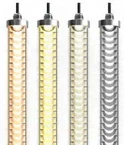In the North American market, the entry barriers and requirements for electrical products mainly involve safety certifications and compliance. Here are some key certifications and their related information:
1. UL Certification (Underwriters Laboratories)
UL certification is one of the most recognized safety certifications in the United States, covering a wide range of electrical products. Products that obtain UL certification indicate compliance with UL's safety standards, which mainly include:
- **UL 60950**: Safety standard for information technology equipment.
- **UL 61010**: Safety standard for measuring, controlling, and laboratory equipment.
- **UL 1993**: Safety standard for electrical devices.
2. ETL Certification
ETL certification is provided by Intertek and is similar to UL certification, indicating that a product meets specific safety standards. The ETL mark signifies that the product has been tested and complies with safety standards in the United States and Canada. The standards for ETL certification include:
- **ANSI/UL 60950**: Same as UL certification for information technology equipment.
- **ANSI/UL 61010**: Same as UL certification for measuring and controlling equipment.
3. CSA Certification (Canadian Standards Association)
CSA certification is a safety certification in Canada applicable to electrical products. The CSA mark indicates that the product meets Canadian safety standards, primarily including:
- **CSA C22.2**: Safety standard for electrical equipment.
4. FCC Certification (Federal Communications Commission)
FCC certification primarily addresses the electromagnetic compatibility (EMC) of electrical products, ensuring that they do not interfere with wireless communications. It applies to all devices involving wireless communication.
5. CE Mark
Although the CE mark
is primarily applicable to the European market, some products in the North American market may also require CE marking, especially those exported to Europe. The CE mark indicates that the product complies with EU safety, health, and environmental requirements.
6. RoHS Compliance
RoHS (Restriction of Hazardous Substances Directive) compliance ensures that products do not contain harmful substances such as lead and mercury. While this is a European standard, it is increasingly being emphasized in the North American market.
7. Energy Star Certification
Energy Star certification applies to energy-efficient products, ensuring that they meet specific energy efficiency standards. This is crucial for the market competitiveness of electrical products.
Summary
When entering the North American market, electrical products need to obtain the appropriate certifications to ensure their safety and compliance. UL and ETL certifications are the most common safety certifications, while FCC, CSA, CE, RoHS, and Energy Star certifications address specific market demands and regulations. Manufacturers should choose the appropriate certifications based on the product type and target market.







